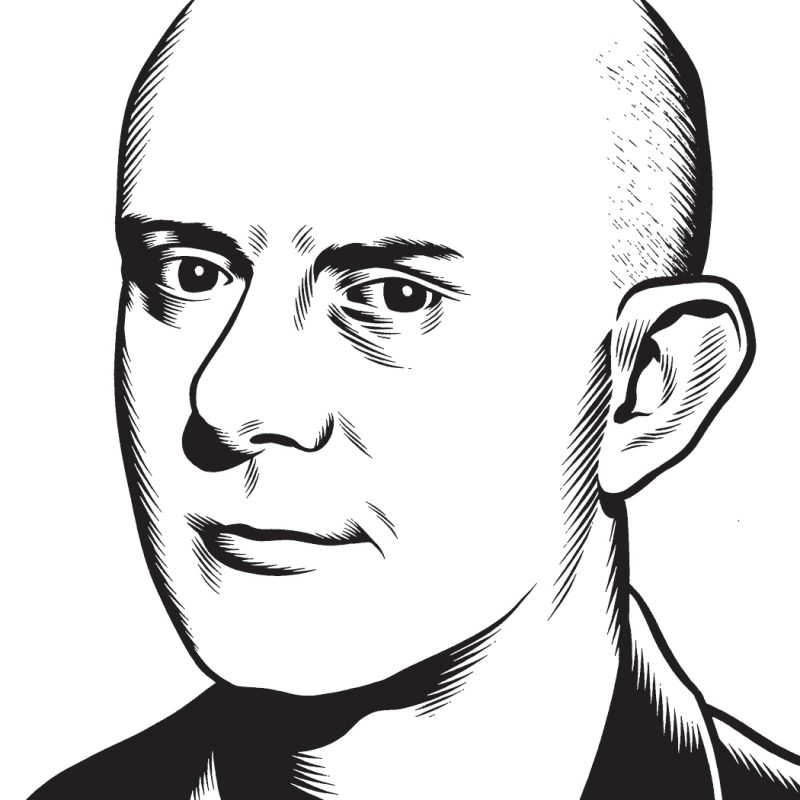BOOKS READ:
- Who Is It That Can Tell Me Who I Am?: The Journal of a Psychotherapist—Jane Haynes
- The Birds on the Trees—Nina Bawden
- The Driver’s Seat—Muriel Spark
- The Prime of Miss Jean Brodie—Muriel Spark
- A Far Cry from Kensington—Muriel Spark
BOOKS BOUGHT:
- The Lodger Shakespeare: His Life on Silver Street—Charles Nicholl
- The Birds on the Trees—Nina Bawden
- The Driver’s Seat—Muriel Spark
- Peter Pan—J. M. Barrie
- Fire from Heaven—Mary Renault
- Live from New York: An Uncensored History of Saturday Night Live—Tom Shales and James Andrew Miller
- Too many other Muriel Spark novels to mention without embarrassment
If you are reading this in the U.S., the presumption over here in the U.K. is that you have either just come out of a session with your shrink or you’re just about to go into one, and for reasons best known to ourselves, we disapprove—in the same way that we disapprove of the way you sign up for twelve-step programs at the drop of a hat, just because you’re getting through a bottle of vodka every evening after work and throwing up in the street on the way home. “That’s just life,” we say. “Deal with it.” (To which you’d probably reply, “We are dealing with it! That’s why we’ve signed up for a twelve-step program!” So we’d go, “Well, deal with it in a less self-absorbed way.” By which we mean, “Don’t deal with it at all! Grin and bear it!” But then, what do we know? We’re smashed out of our skulls most of the time.)
Recently I read an interview with a British comic actress, an interesting, clever one, and she articulated, quite neatly, the bizarre assumptions and prejudices of my entire nation when it comes to the subject of the talking cure. “I have serious problems with it…. The way I see it is that you’re paying someone, so they don’t really care about you—they’re not listening in the way that someone who loves you does.”
There’s a good deal in that little lot to unpack. The assumption that if you give someone money, then, ipso facto, they don’t care about you, is a curious one; the chief complaint I have about my dentist is that he cares too much, and as a consequence is always telling me not to eat this or smoke that. According to the actress, he should just be laughing all the way to the bank. And how does she feel about child care? Maybe she can’t bring herself to use it, but in our house we’re effectively paying someone...
You have reached your article limit
Sign up for a digital subscription and continue reading all new issues, plus our entire archives, for just $1.50/month.
Already a subscriber? Sign in






